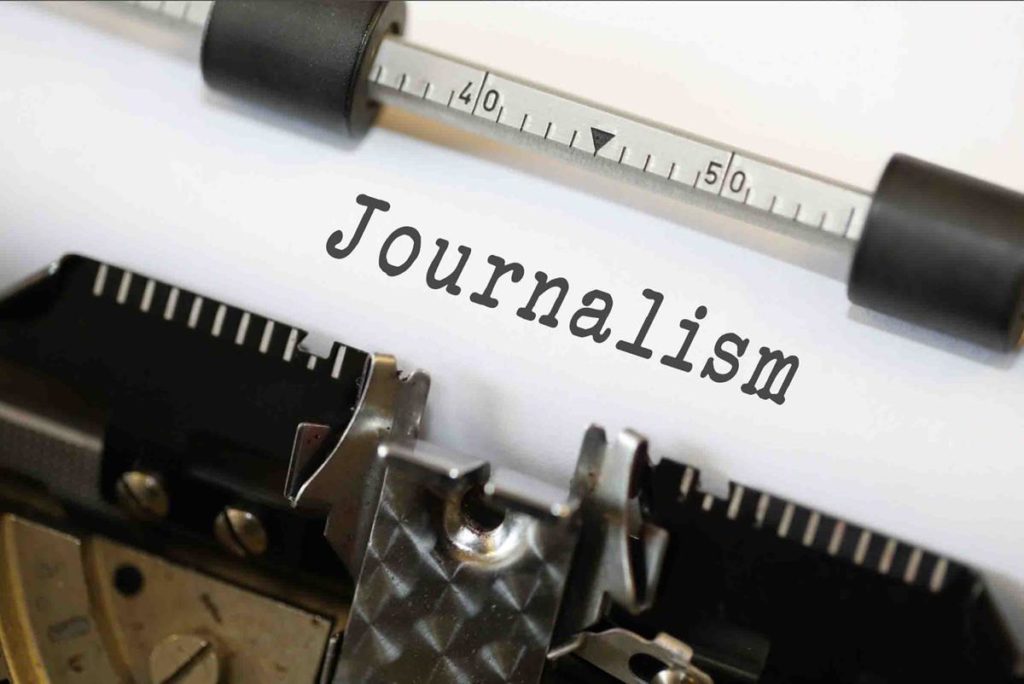
Understanding the role of journalism in modern society?
Information is everywhere in today’s world. We receive news from our phones, computers, and televisions. How does this news reach us? Have you ever wondered who brings it to us? Journalism plays a key role here. Journalism is the act of gathering, checking, and sharing news. Journalists are people who do this job. They can work for newspapers, TV stations, websites, or radio shows.
Basic roles of journalism
Journalism has several key roles in our society,
- Informing the public – This is the most basic job of journalism. Local, national, and international news is provided.
- Watchdog role – Journalists keep an eye on people in power. They report on what governments and big companies are doing.
- Explaining complex issues – Sometimes, news can be hard to understand. Journalists help break down difficult topics into simpler terms.
- Giving a voice to the voiceless – Good journalism often tells stories of people who might not otherwise be heard.
- Creating public discussion – By reporting on important issues, journalism helps start conversations among people.
Why journalism matters?
Journalism is a source of information for many reasons:
- Keeps us informed – Without journalism, we wouldn’t know much about what’s happening outside our own lives.
- Helps democracy – In a democracy, people need to know what’s going on to make good choices when they vote.
- Exposes wrongdoing – Journalists often uncover and report on things that some people want to keep hidden.
- Connects us – News helps us feel connected to our community and the wider world.
- Educates – Good journalism can teach us about new ideas, cultures, and ways of thinking.
Challenges facing journalism

Modern journalism faces some big challenges:
- Trust issues – Some people don’t trust journalists or news organizations.
- Financial struggles – Many news organizations are having money problems.
- Speed vs. accuracy – The pressure to report news quickly can sometimes lead to mistakes.
- Information overload – There’s so much news that it can be hard for people to know what’s important.
Importance of ethical journalism
Good journalism follows strict rules
- Truth and Accuracy – Journalists must always try to report the truth.
- Independence – They should not be influenced by outside forces.
- Fairness and Balance – Good journalism shows different sides of a story.
- Accountability – Journalists should admit and correct their mistakes.
- Protecting Sources – Sometimes, journalists must keep their sources secret to protect them.
Journalism education
Learning about journalism is a useful source of knowledge for everyone:
- Media Literacy – Schools are teaching students how to understand and analyze news.
- Journalism Courses – Many colleges offer classes in journalism.
- Workshops – There are often workshops for people who want to learn about journalism.
- Online Resources – Many websites offer free lessons about journalism.
- Journalism Clubs – Some schools have clubs where students can practice being journalists.
Conclusion
Journalism plays a vital role in our modern society. It keeps us informed, holds powerful people accountable, and helps our democracy work. While it faces many challenges, journalism continues to adapt and evolve. The importance of valuing and supporting good journalism cannot be overstated as we move forward. In this way, we contribute to the creation of a more informed and engaged society.



